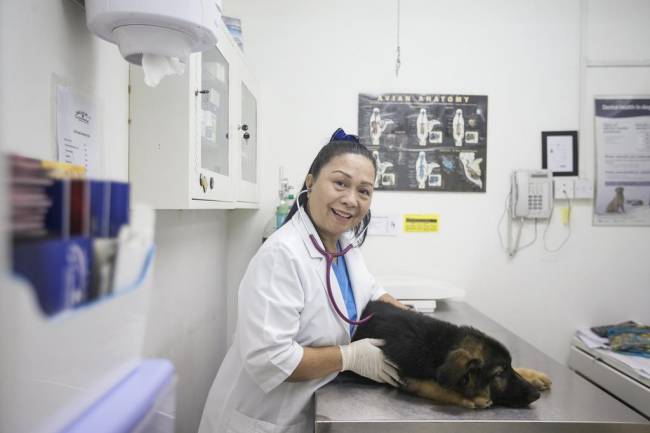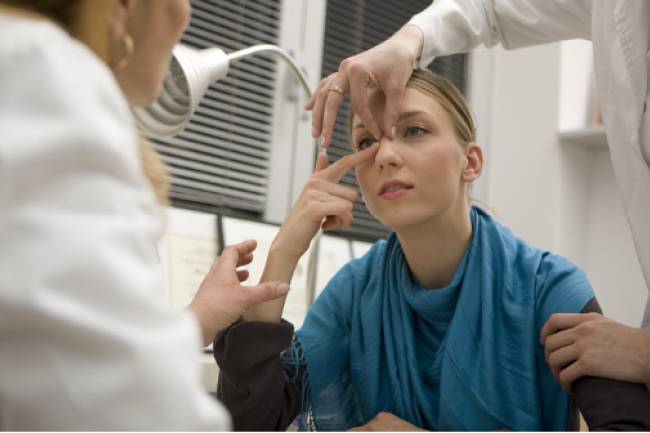
How To Become A Doctor In Dubai
Becoming a doctor in Dubai requires a significant amount of dedication, education, and commitment. The process to become a doctor in Dubai is very similar to that in other countries, with a few differences in terms of the required qualifications, licensing exams, and residency programs. In this article, we will outline the steps involved in becoming a doctor in Dubai.
Step 1: Obtain a Bachelor's Degree
The first step towards becoming a doctor in Dubai is to obtain a bachelor's degree from an accredited university. Students typically pursue a degree in a science-related field such as biology, chemistry, or physics. However, some medical schools in Dubai may accept students with a degree in a non-science related field as well.
Step 2: Take the Required Tests
After obtaining a bachelor's degree, aspiring doctors in Dubai are required to take two tests: the Health Authority-Abu Dhabi (HAAD) or the Dubai Health Authority (DHA) exam, and the Medical College Admission Test (MCAT).
The HAAD or DHA exam is a requirement for all healthcare professionals in Dubai. It tests the candidate's knowledge and competence in their respective field. The exam includes multiple-choice questions and is available in various languages.
The MCAT is a standardized test that assesses a candidate's knowledge of biology, chemistry, physics, and critical thinking. This test is essential for admission to medical schools in Dubai.
Step 3: Apply to Medical School
Once the HAAD or DHA exam and MCAT have been completed, aspiring doctors can apply to medical schools in Dubai. The admission process typically involves submitting transcripts, letters of recommendation, and a personal statement, as well as completing an interview. Medical schools in Dubai use a holistic approach to evaluate applicants, considering factors such as academic performance, extracurricular activities, and community service.
Step 4: Complete Medical School
Medical school in Dubai typically lasts for six years, with the first five years consisting of classroom and clinical training, and the final year devoted to an internship in a hospital or healthcare facility. The curriculum includes subjects such as anatomy, physiology, pharmacology, and medical ethics, among others.
Step 5: Complete a Residency Program
After completing medical school, aspiring doctors in Dubai must complete a residency program, which is a period of supervised training in a specific medical field, such as surgery, pediatrics, or internal medicine. The duration of the residency program varies depending on the specialty, typically ranging from three to five years. During this time, residents gain hands-on experience in their field of choice and work with patients under the guidance of experienced physicians.
Step 6: Obtain Medical Licensure
To practice as a doctor in Dubai, medical graduates must obtain a medical license from the Dubai Health Authority (DHA). This requires passing the DHA licensing exam, which assesses the candidate's knowledge and competence in their respective field.
Step 7: Consider Board Certification
Board certification is a voluntary process that allows physicians to demonstrate their expertise in a specific medical specialty. Board certification is offered by various boards, such as the American Board of Surgery or the American Board of Pediatrics. To become board certified, physicians must pass an exam and meet other requirements set by the board.
Step 8: Continuing Education
To maintain their medical license and board certification, physicians in Dubai must participate in continuing education activities to stay up-to-date with the latest advances in medicine. Continuing education activities include attending conferences, seminars, and workshops, as well as reading medical journals and publications.
In conclusion, becoming a doctor in Dubai requires a significant amount of education, dedication, and commitment. The process involves obtaining a bachelor's degree, passing the HAAD or DHA exam and MCAT, completing medical school and a residency program, obtaining medical licensure, and
Click Here To See More













